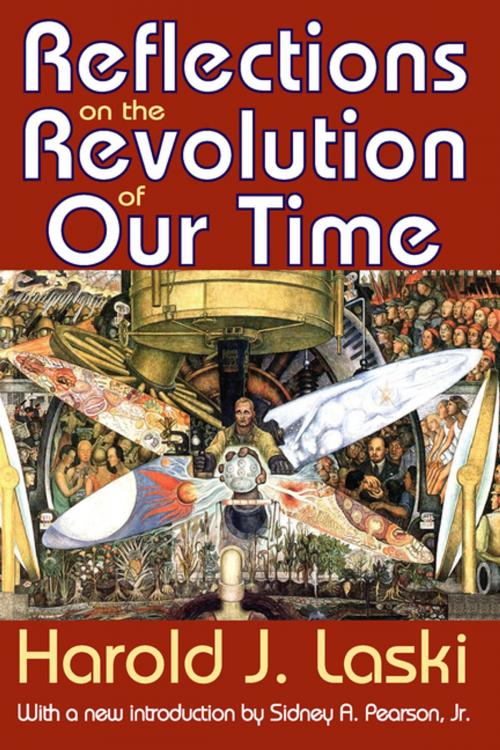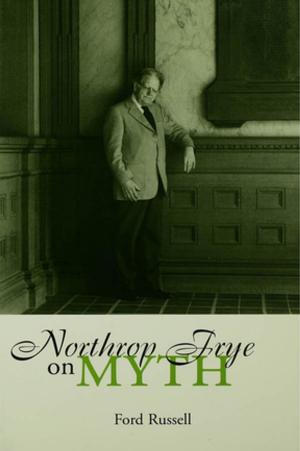Reflections on the Revolution of Our Time
Nonfiction, History, Modern, 20th Century, Social & Cultural Studies, Political Science| Author: | Harold Laski | ISBN: | 9781351494168 |
| Publisher: | Taylor and Francis | Publication: | July 5, 2017 |
| Imprint: | Routledge | Language: | English |
| Author: | Harold Laski |
| ISBN: | 9781351494168 |
| Publisher: | Taylor and Francis |
| Publication: | July 5, 2017 |
| Imprint: | Routledge |
| Language: | English |
Harold J. Laski saw World War Two as a period of revolutionary change as profound as any in the modern history of the human race. In his view, the period's inner nature was as significant in its essentials as those which saw the fall of the Roman Empire; the birth in the Reformation of capitalist society; or, as in 1789, the final chapter in the dramatic rise of the middle class to power. All of these were not revolutions made by thinkers, though some of them may have foreseen its coming, but of ordinary people who shaped the large outlines of the direction of these changes. Laski held that revolutions of our time have been rooted in all that goes to give its present character to our society. We can recognize its advent and prepare for it; in that event, we might build a civilization richer and more secure than any of which we so far have knowledge. Or we may chose to resist its onset; in which case, it will appear to some future generation that our age has sought rather to sweep back the tides of the ocean than to oppose the decrees of men. The curse of our social order is its persistent inequalities. Either we must find ourselves able to co-operate in their removal, or we shall move rapidly to conflict about them. Laski argues that the middle class must co-operate with workers in essential revisions, as the aristocracy was wise enough to do a century ago over the Reform Bill, or violent revolution will be unleashed by means that transforms the ends of either party to the conflict in view. This is the choice that lies before us. Just how accurate or wide of the mark Laski was is brilliantly articulated in the critical introduction by Sidney A. Pearson, Jr.
Harold J. Laski saw World War Two as a period of revolutionary change as profound as any in the modern history of the human race. In his view, the period's inner nature was as significant in its essentials as those which saw the fall of the Roman Empire; the birth in the Reformation of capitalist society; or, as in 1789, the final chapter in the dramatic rise of the middle class to power. All of these were not revolutions made by thinkers, though some of them may have foreseen its coming, but of ordinary people who shaped the large outlines of the direction of these changes. Laski held that revolutions of our time have been rooted in all that goes to give its present character to our society. We can recognize its advent and prepare for it; in that event, we might build a civilization richer and more secure than any of which we so far have knowledge. Or we may chose to resist its onset; in which case, it will appear to some future generation that our age has sought rather to sweep back the tides of the ocean than to oppose the decrees of men. The curse of our social order is its persistent inequalities. Either we must find ourselves able to co-operate in their removal, or we shall move rapidly to conflict about them. Laski argues that the middle class must co-operate with workers in essential revisions, as the aristocracy was wise enough to do a century ago over the Reform Bill, or violent revolution will be unleashed by means that transforms the ends of either party to the conflict in view. This is the choice that lies before us. Just how accurate or wide of the mark Laski was is brilliantly articulated in the critical introduction by Sidney A. Pearson, Jr.















